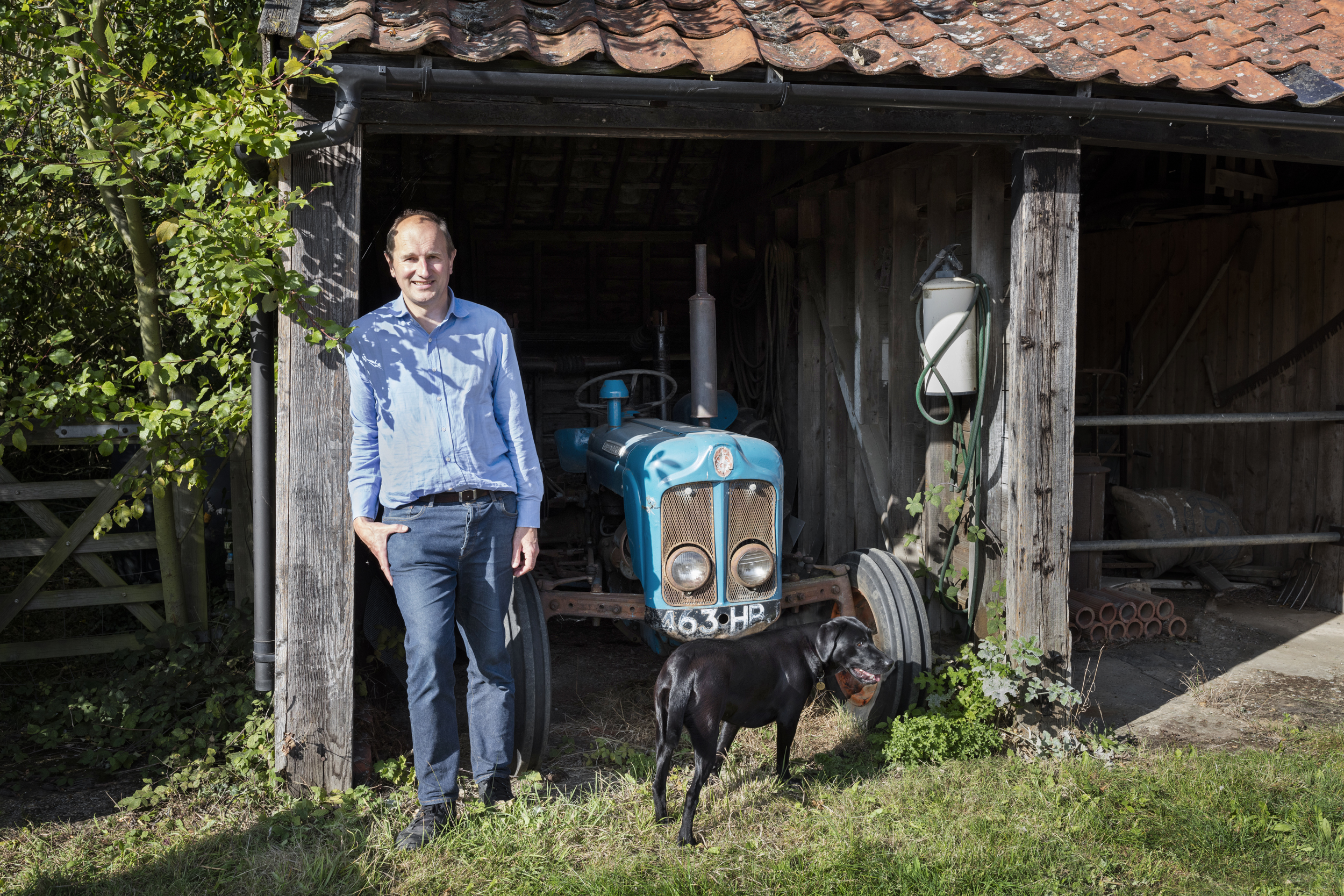William kindly sent a response to my last journal entry about farming and sustainability. With his permission I'm publishing it in it's entirety below. I think it's a compelling argument and it makes me wonder; what is the new and what is the old?

"Miranda, who is more active on Instagram than I am, sent your latest post. It was good to read and hear your thoughts and frustration that there is no knock-out argument which answers the big debates around agriculture.
I thought I would throw in a few ideas which I think are more than points of view but certainly not the knock-out you seek. Your opener on whether it’s better to plough a bit rather than use glyphosate is a great one and I use it as an example of how far we have come that we are only falling out over this issue. It tells me that most thoughtful farmers in the West have a common direction of travel. Of course organic farmers cannot use glyphosate I am happy to point out; so it’s plough or no plough.
The Syngenta CEO makes a valid point about the possibilities of modern science but my response, whenever I hear this argument, is to ask them to show me the beneficial products. They have had long enough and spent enough money. Their problem is that they struggle to see how the new will replace the revenue streams of the old and they may well be right. A system of farming which relies on an increasingly healthy soil will need a decreasing amount of inputs of any sort. The chemical revolution of the 20th Century was based upon the ignorant destruction of the positive natural processes which drive true fertility. This was done because we didn’t understand the processes. Now we are beginning to it is hard for incumbents to translate this knowledge into obvious revenue streams without cannibalising the old. It was ever thus with all business sectors and the life of a successful business is getting ever shorter.
Meanwhile you struggle to see how you can feed 10 billions on food grown only from the stuff of air and water. I think this is missing the point. The almost miraculous chemistry and biology of healthy soil generates all that you need using the inputs of carbon from the air and moisture. The issue is only how we reach that state with soils that have been wrecked for at least 100 years or, one might argue, 10 000 in some cases. This is where modern science and investment needs to concentrate its resources. We need new strains of familiar crops which thrive in lower fertility and are denser in nutrients even when grown on the same soil and then markets which reward us for growing these. A tonne of wheat today requires 9x more nitrogen to produce than its equivalent in 1961, the year of my birth. For as long as producing ammonium nitrate had no unpriced costs with its input raw materials of 4 tonnes of natural gas then this seemed a smart way to farm. Now we know that burning that gas has consequences well beyond the fertiliser it produces, furthermore, applying it to the land accelerates the death of the soil life which we need to do the heavy-lifting in crop production and carbon sequestration in order to farm differently.
So how do we feed the 10 Billion people? One thing is certain is not how we do it at the moment. We use far too much land which we need to rest and start collecting carbon from the atmosphere. We need to rethink completely what we produce and how we eat. Getting people to change their diets is not easy but when their diets increasingly undermine their health and cost society unaffordable amounts in treating the consequent chronic diseases then one has to believe it is as possible as it is important. It’s less about bossing people around as ensuring that input costs reflect the true costs. So cheap chicken meat produced in conditions which will almost certainly be the source of the next pandemic will become more expensive because there won’t be lots of cheap wheat to feed them. Chickens were expensive in my youth and I suspect they will be in my old age. I have every confidence that new science will be producing analogue chicken meat using a fraction of the resources and risk within a decade and this may replace the cheap chicken . Renewable energy sources will make redundant the madness of subsidising human food crops into fuel. Generally if farming has to integrate the true costs of production into its pricing structure then this will drive the innovation which is already finding us the solutions but a little too slowly for my liking.
Oh and you are told by all of us that we make no money. It’s true but true of nearly every farmer in the world. Some do make big sales but there businesses are enormous and precarious. Their return on capital is shocking. You are right that the current state is unsustainable but just because farmers like me are more honest about the finances because we can afford to be, don’t assume that the bigger ones are in any better shape. At least I can see how my way might one day work for everybody."